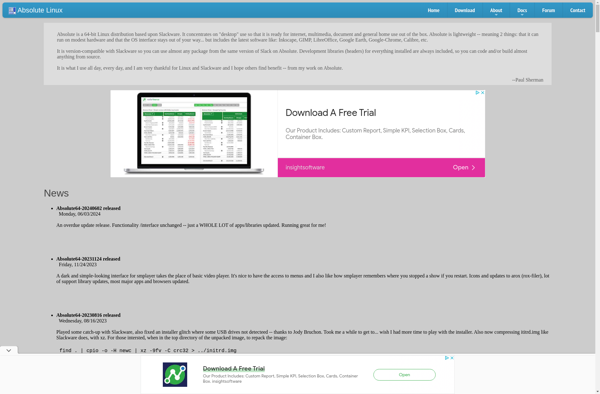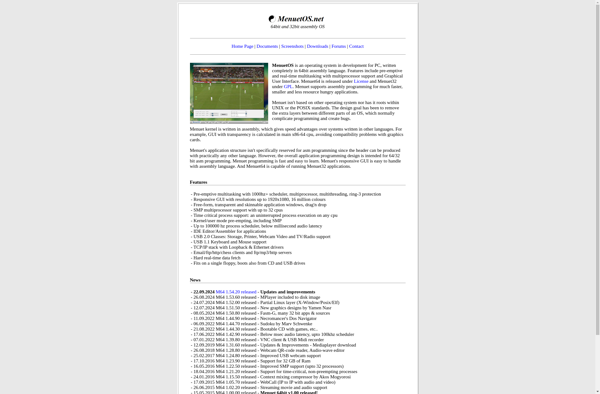Haiku
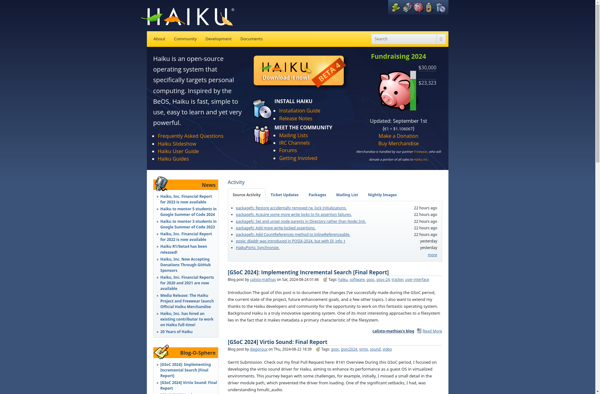
Haiku: Fast & Simple Open Source OS
An open source operating system inspired by BeOS, prioritizing performance, stability, and user experience, designed for speed, simplicity, and ease of use.
What is Haiku?
Haiku is an open source operating system designed to recreate the look and feel of the discontinued BeOS operating system. It first became publicly available in 2009 and has been in continual development ever since.
Like BeOS, Haiku is optimized to be fast, lightweight, and responsive, prioritizing performance and usability over other considerations. It supports preemptive multitasking with pervasive multithreading to make the most of modern hardware advancements.
Some key features and highlights of Haiku include:
- Fast boot times, typically under 10 seconds on modern hardware
- A clean and intuitive user interface focused on efficiency
- Backward compatibility for many BeOS applications
- Native support for Haiku software packages
- Multimedia capabilities like audio and video playback
- Basic compatibility with some Linux software through emulation
The goal of the Haiku project is to realize the potential of BeOS as a fast, powerful, yet easy to use desktop operating system. It is open source and community-driven, with an emphasis on modularity, extensibility, and customizability.
Haiku Features
Features
- Lightweight and fast performance
- Clean and intuitive user interface
- Compatibility with BeOS applications
- Supports a wide range of hardware
- Open source development model
Pricing
- Open Source
Pros
Cons
Official Links
Reviews & Ratings
Login to ReviewThe Best Haiku Alternatives
Top Os & Utilities and Operating Systems and other similar apps like Haiku
Here are some alternatives to Haiku:
Suggest an alternative ❐Windows 10
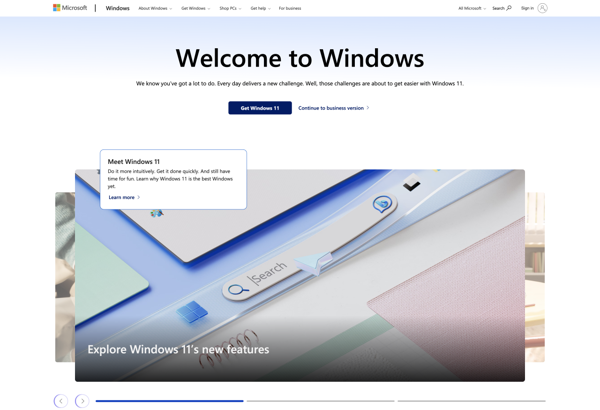
Ubuntu

MacOS
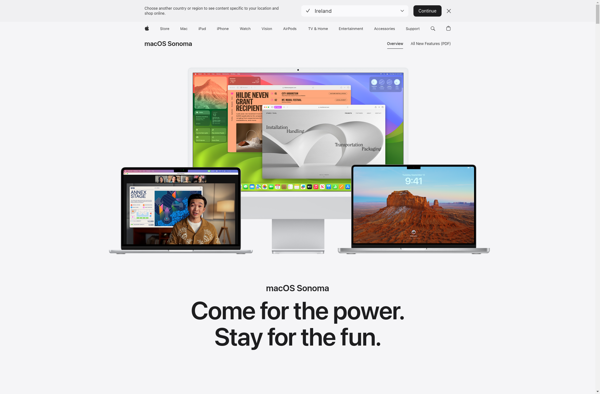
Linux Mint
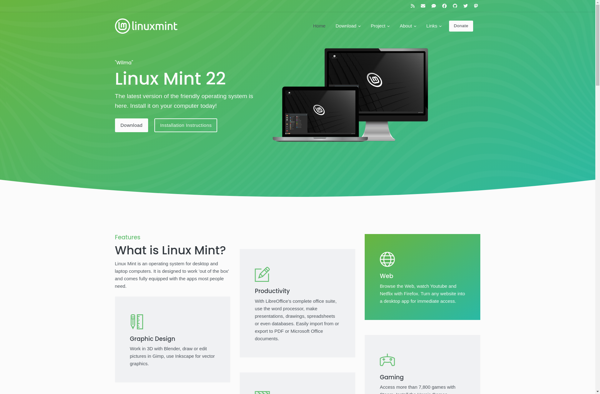
Windows 7
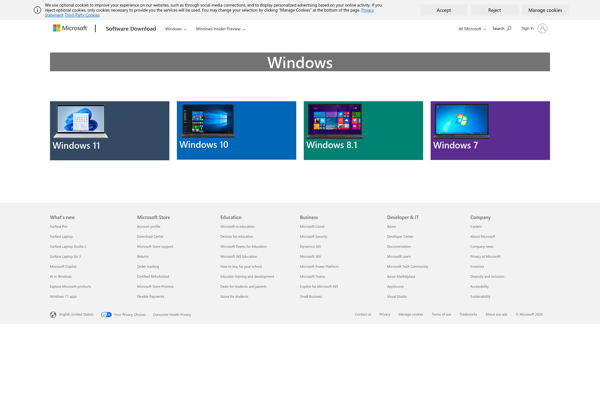
Arch Linux
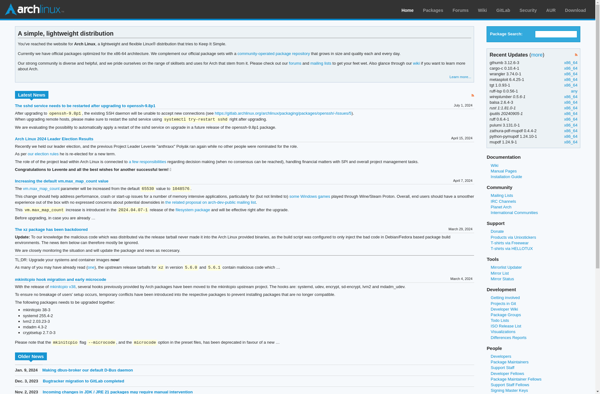
Elementary OS
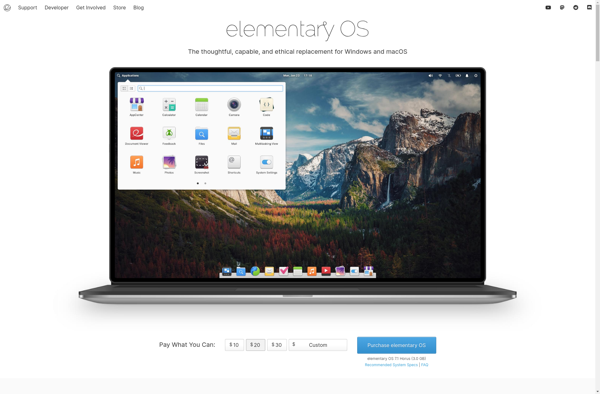
Debian

Fedora
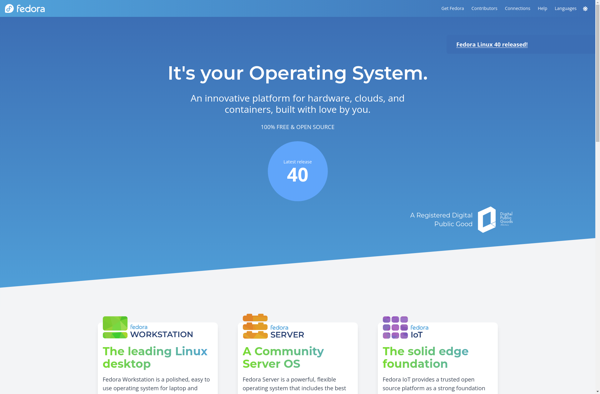
Manjaro Linux

Porteus

OpenSUSE

Tiny Core Linux

Slax
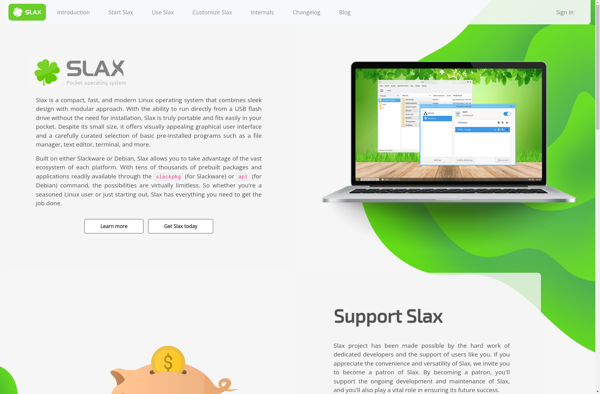
Hello System
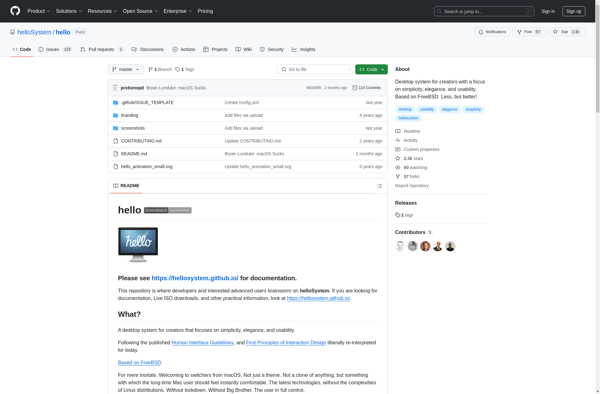
TempleOS
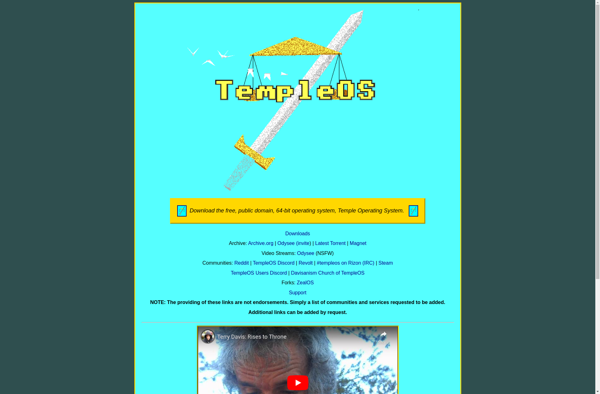
Minimal Linux Live
Macpup
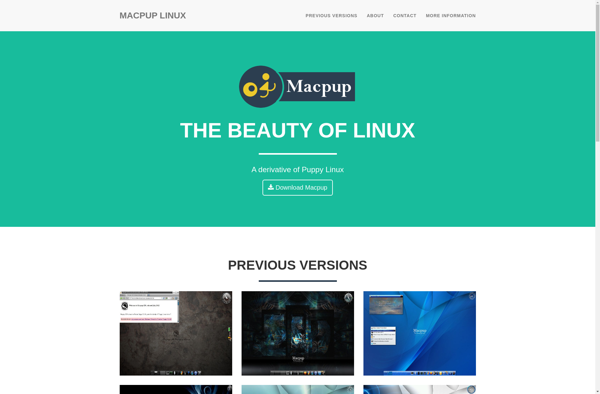
Legacy OS
Mezzano
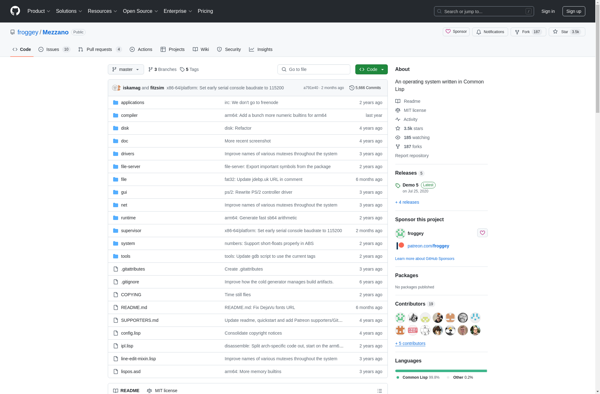
Sabayon
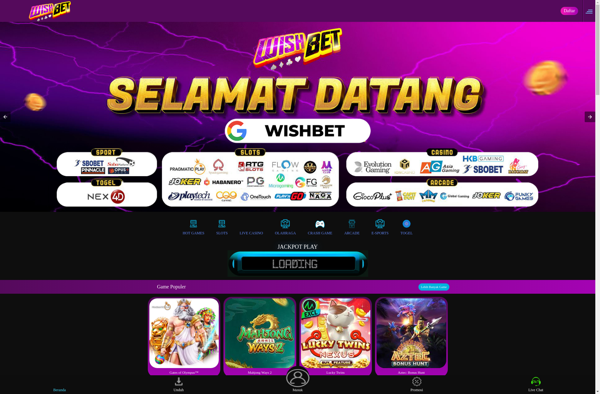
Absolute Linux
